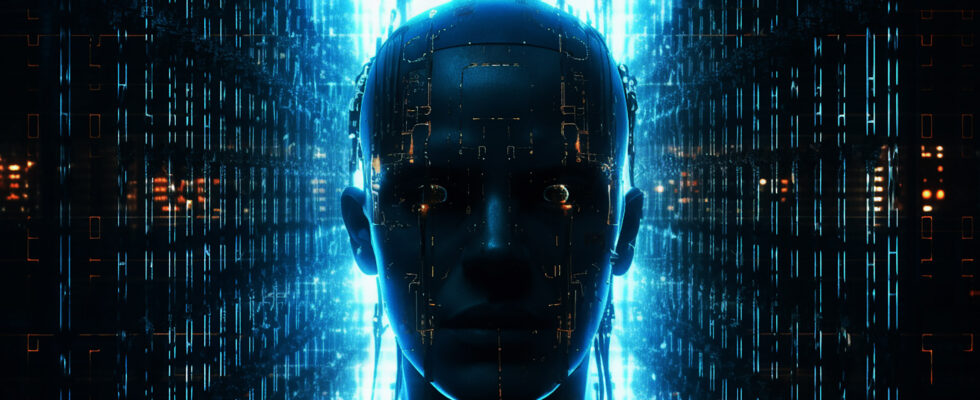In Japan, the companies NTT and Yomiuri publish a manifesto warning about the impact of artificial intelligence (AI) on society. They estimate that in the worst scenario, “ democracy and social order could collapse, leading to wars “.
Generative AI has taken the world by storm since the end of 2022. Capable of creating text, audio and videos from a simple natural language query, the technology is increasingly on the minds of technology leaders. the industry. Sundar Pichai, CEO of Google, for example, warned against the rapid development of AI, believing that society did not really measure the speed with which it is progressing.
NTT and Yomiuri, two Japanese heavyweights, are also getting into it. The first dominates the telecommunications sector in the country, while the second publishes the most widely read daily newspaper. Together, they call for greater regulation of artificial intelligence.
A risk to national security
If their manifesto mentions the benefits of AI, particularly for improving productivity, it is mainly interested in its potential risks. Both companies say technology already undermines human dignity because models are sometimes designed to capture users’ attention without regard for morality or accuracy.
They are particularly concerned about the impact of generative AI on public discourse and elections, like other democracies. Some image-generating models have already been proven to create misleading content about the US elections.
According to NTT and Yomiuri, without regulation, the social order risks collapse. They therefore call on Japan to take rapid measures to mitigate the risks of AI, even citing national security.
Several letters warn about AI
This is not the first time such warnings about AI have been issued. A year ago, a letter co-signed by prominent researchers in the field, including Elon Musk, called for research to be halted before understanding the true risks posed by the technology. A few months later, another letter, this time signed by several industry executives, including Sam Altman, compared AI to nuclear weapons.
However, the tech giants, engaged in a frantic race, continue to rapidly develop their models. Governments are looking more or less firmly into the issue. With the AI Act, the European Union is leading the way. The law should come into force in 2025, and plans to regulate the sector to avoid any deviation.
The United States has taken a more measured approach. Like the United Kingdom and Japan, they have nevertheless set up a government institute responsible for developing guidelines to regulate the use of technology. However, some believe that this strategy is insufficient to truly mitigate risks.
Source : The Wall Street Journal

1